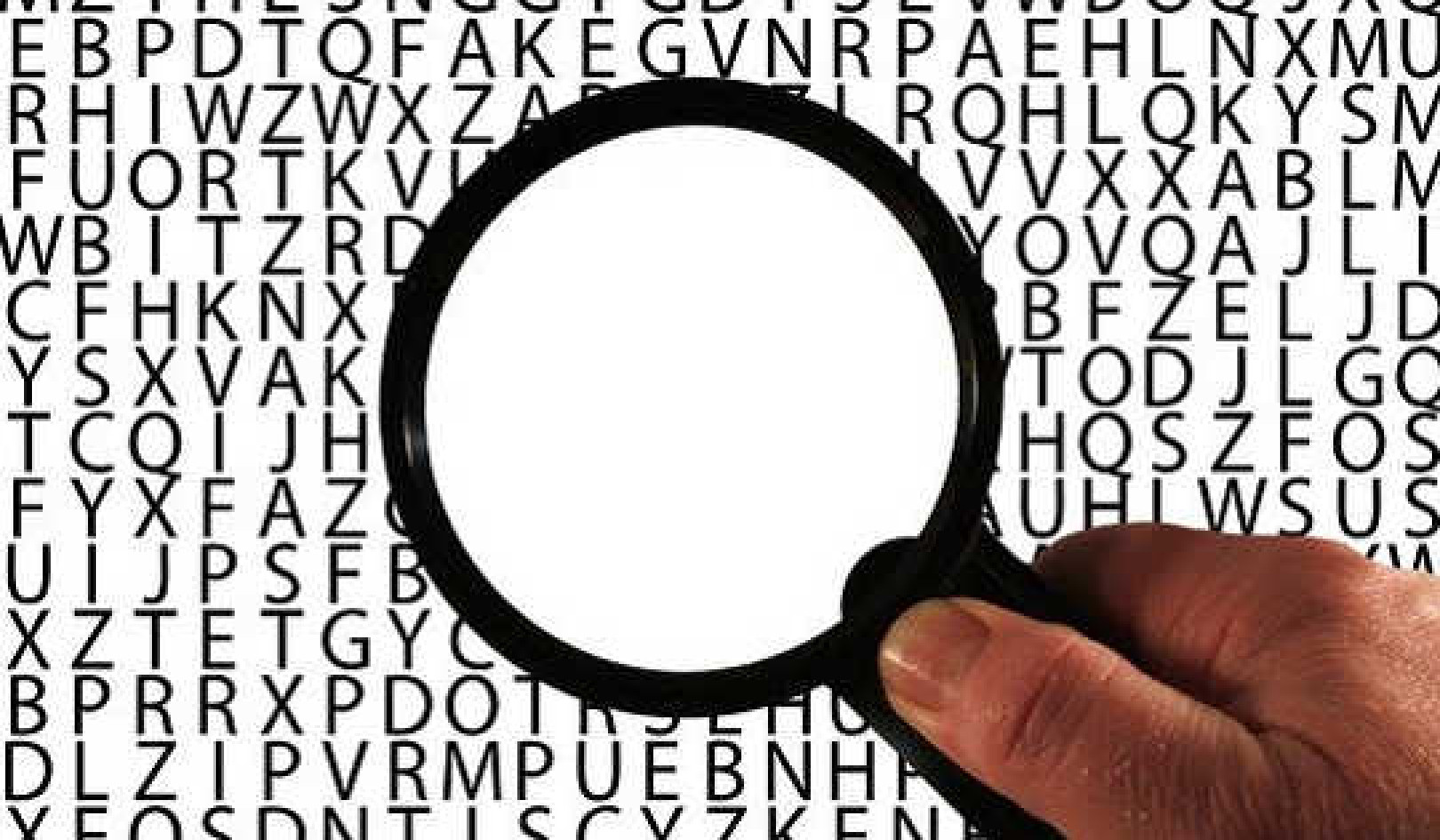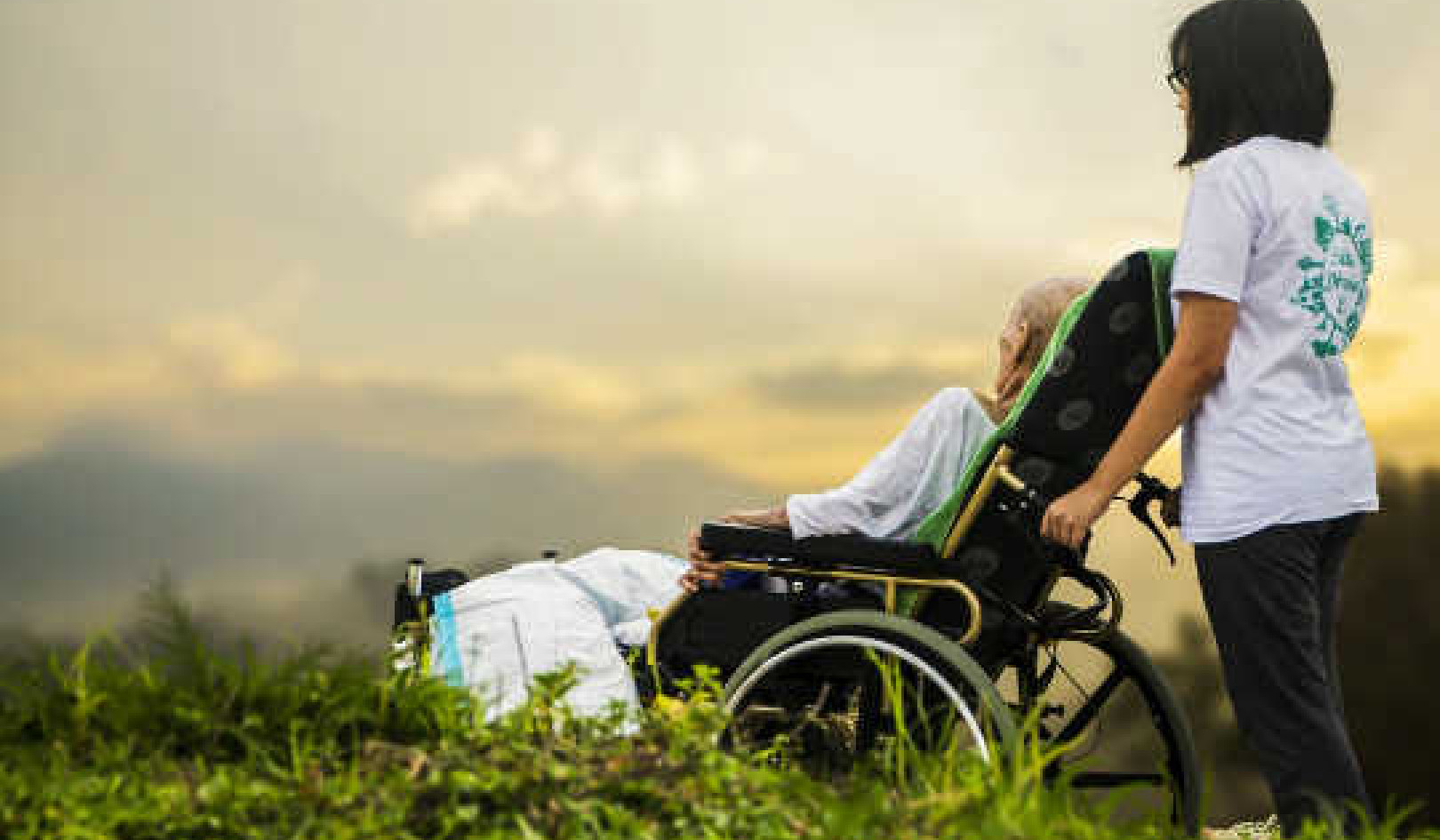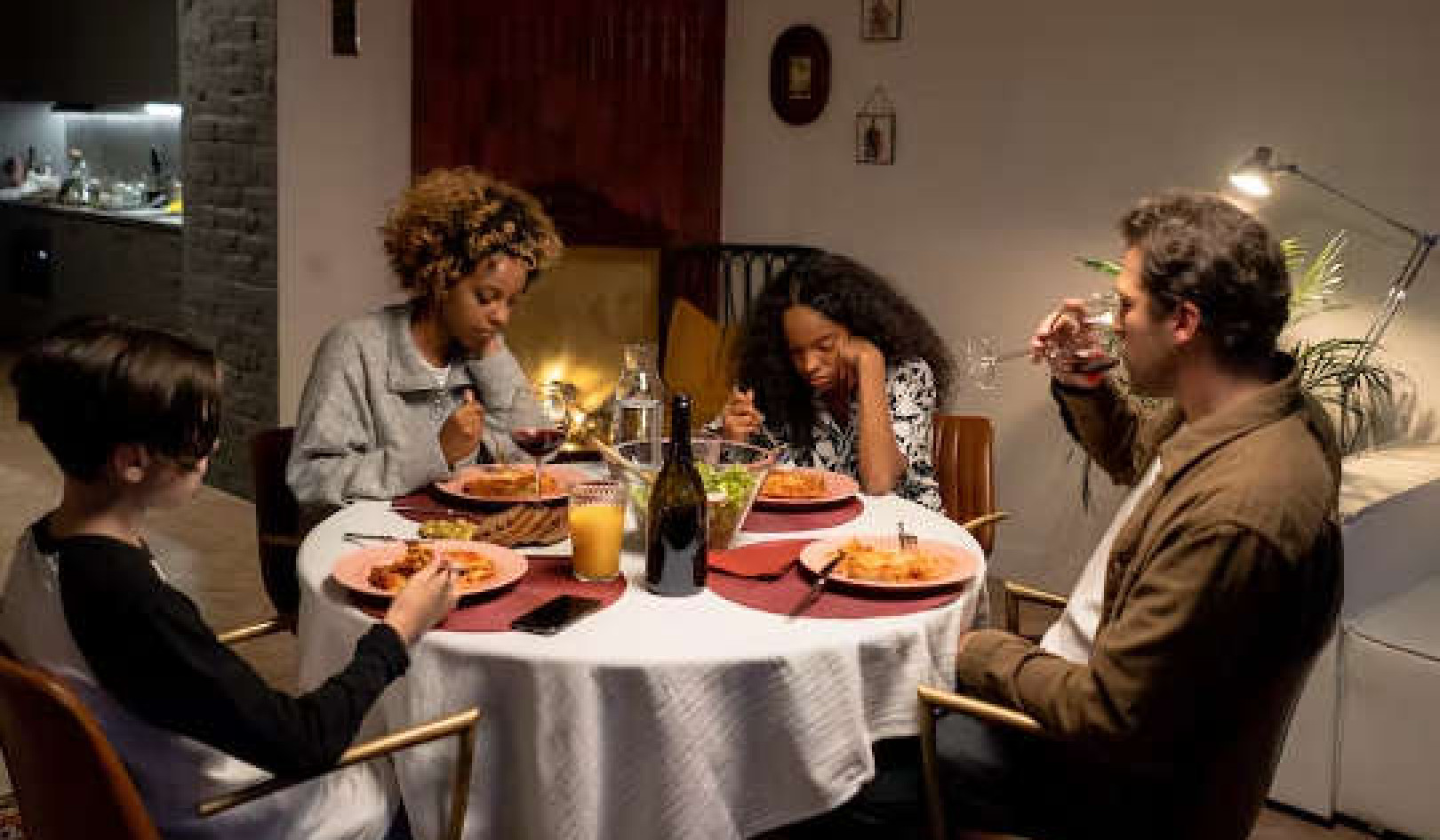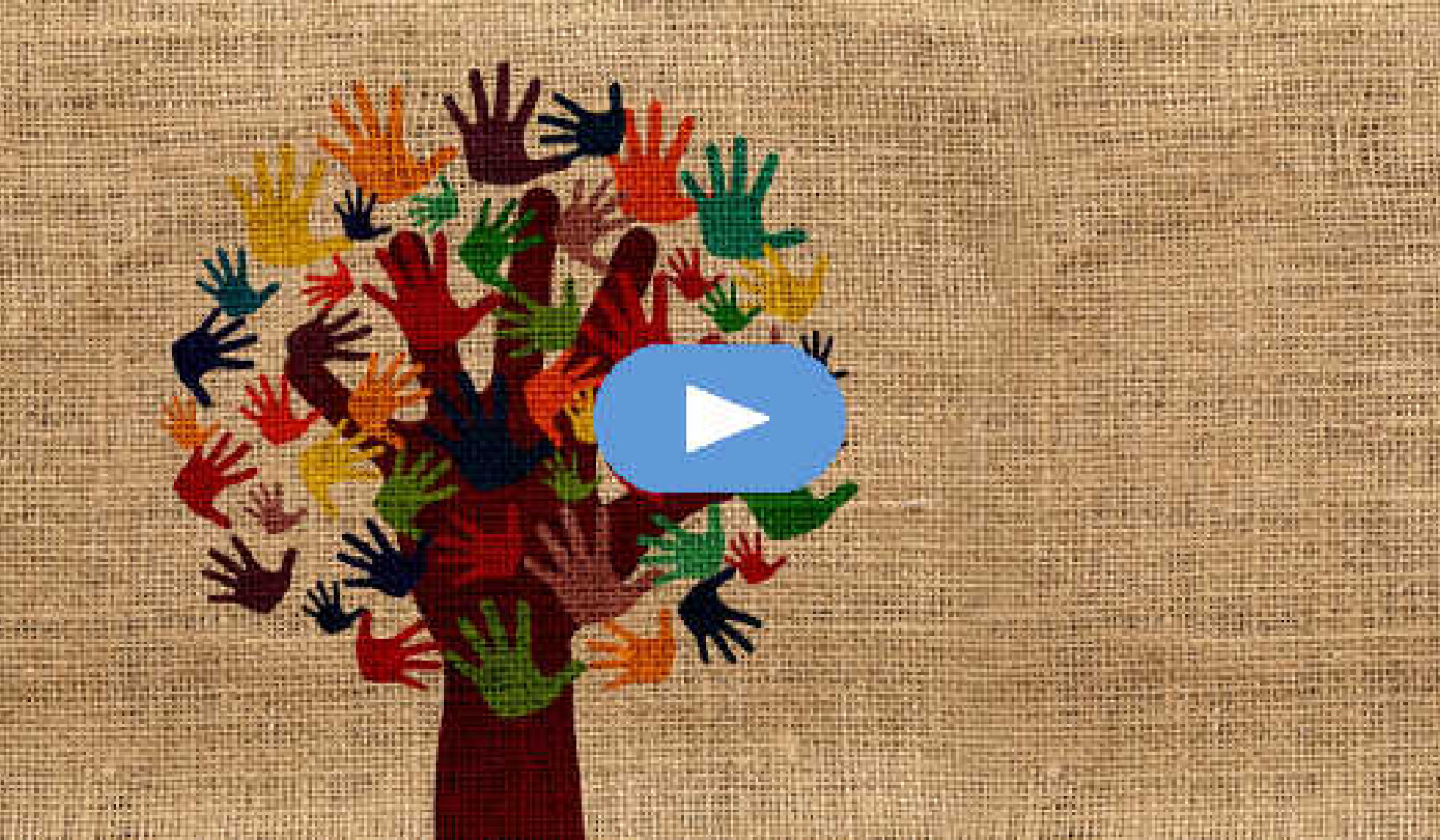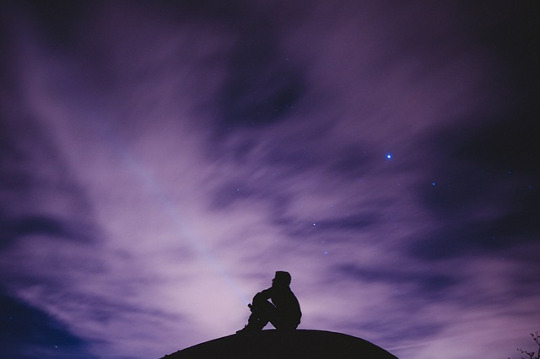
Death will always carry with it a certain mystical component. No one can truly know what happens when we die, however, deathbed visits and other metaphysical phenomena certainly do provide a confirming hint of what lies beyond this world.
People always ask me if dealing with the death of a loved one is easier for me now that I know there is an afterlife. My answer is always the same: It’s easier, but not easy. Dealing with the death of a loved one is never easy. It hurts—it really hurts. But yet I find comfort in the knowledge that life does continue. I find comfort in knowing love truly never dies and that I will see my loved ones again.
When a loved one dies, I am saddened by the fact that I can’t see them whenever I want and can no longer feel them and hug them. But I don’t think of it as the end of the relationship. It’s not the end of all communication? it is only the start of a different form of communication: spirit.
Afraid To Die? No, But...
Another question that I am often asked is whether or not I am afraid to die. In order to answer this question honestly, I have to respond with, “No, I am not afraid to die but yes, I am afraid of how I am going to die.” In my opinion, there is no need to fear something that isn’t really going to happen. Yes, we die physically but we are still very much alive spiritually.
Loss of fear is a universal consequence for those of us who have either had or witnessed such spiritually transformative experiences (STEs) as deathbed visits. But what about those who have not had such an experience?
“If we have never had a transcendental existence we can only theorize about what a transcendental existence might be like, or indeed whether it is more than a theoretical possibility,” writes Dr. Peter Fenwick in The Art of Dying. “But perhaps we can learn more by listening to the people who have first-hand knowledge of the experiences the rest of us can only talk about.”
Dr. Peter Fenwick, a respected neuropsychiatrist and world-renowned expert on near-death and deathbed phenomena, points out that these experiences seem to lead to tranquility in the face of death not only for the dying, but also for the family and friends who witness them.
"To complete our jigsaw we will need to expand our current scientific framework, and hope that this may provide an explanation. But it’s also important to realize that these experiences have their own validity, that in their powerful emotional and spiritual impact they have meaning for us, and only those who have had the experiences are entitled to judge their personal meaning. These experiences leave a strong and marked impression on those who grieve and are a source of comfort over the years that follow."
Life-Changing Experience
Experiencing such phenomena, however, does far more than bring us comfort and take away the fear of death. It also changes your view of life. Once we come to understand that life does continue, we also come to realize that we are far more than the physical body. Our true essence is not the body. Our true essence is spirit.
Renowned astronomer and scientist Carl Sagan is known for his popular quote “Extraordinary claims require extraordinary evidence.” On the surface, it’s a self-explanatory statement. If you make an extraordinary claim, you better have evidence to back it up. But what is extraordinary to some may not be extraordinary to others. The reason for this is because of our presuppositions or how we view the evidence based on our beliefs and our experiences. For those of us who have had such spiritually transformative experiences, no proof is necessary. For those of us who haven’t, it will depend on how we interpret the facts based on our own beliefs.
I suppose in writing this book, the onus probandi, or burden of proof, is on me. This book contains numerous testimonials and anecdotes offering convincing evidence of the validity of the afterlife. We also heard from some well-known experts who have backed up such claims with extensive research. But let’s be honest: Science demands much more than anecdotal evidence.
Scientific evidence is data that either supports or counters a particular theory. A scientific theory must be based on observable, verifiable facts. As these theories are tested, they can then be modified, improved, proven, or rejected in time. As an example, Isaac Newton developed a theory to explain how objects move both in space and here on Earth. Then Albert Einstein improved it years later with his theory of general relativity.
When consistency is observed and obtained, the idea or hypothesis then becomes a theory. It seems then that science has little use for anecdotal evidence, but to say that something can’t be real because it cannot be observed in a lab is biased and close-minded.
"All knowledge of reality starts from experience and ends in it.”
Skeptics often say that evidence pertaining to the metaphysical is largely anecdotal or based on personal experience. For this reason, many say such evidence is invalid or worthless. True, most supernatural evidence is based on personal experiences or eyewitness testimony, but they are not worthless by any means. They are in fact very significant.
Albert Einstein explained this well when he said, “Pure logical thinking cannot yield us any knowledge of the empirical world. All knowledge of reality starts from experience and ends in it.” In other words, all knowledge starts with personal experience. Such testimony is real and, yes, does count. If they didn’t, eyewitness testimony wouldn’t be admissible in a court of law.
I am not by any means claiming that every story should be taken as true. There are three things that should be considered when evaluating whether or not anecdotal evidence is valid:
1. Volume: How many people have claimed that such phenomena have taken place? Thousands of deathbed and other paranormal claims have been made throughout history. Hundreds of books have been written on such phenomena.
2. Believability: How credible are those making such claims? These accounts are mostly from the people who had them. Many are nurses, doctors, and other medical professionals.
3. Uniformity: How regular or similar are these claims? These claims are different but yet so much alike. They are very consistent. For example, the majority report seeing deceased loved ones or religious figures at their deathbed.
Skeptics also argue that these claims cannot be tested or repeated in a lab. Consider this: Everything that we see (the Earth, the sun, the stars, and so on) makes up about 5 percent of the mass of the universe. Most of the universe we live in is composed of matter that cannot be observed. An invisible substance (dark matter) makes up 25 percent, while the rest of the universe is composed of what is known as dark energy (70 percent). Therefore, what we consider real is actually a fraction of the universe.
Think about this for a moment: The majority of our universe is composed of dark matter and dark energy—the unseen. Scientists cannot observe this mysterious, invisible matter yet they know it exists because of its gravitational effects.
The nature of reality will continue to be masked with the mysterious and science will continue to fall short until researchers study the unseen. It is in studying the nonphysical world that science will finally come to fully understand the physical world. Likewise, it is in understanding spiritual experiences, such as deathbed phenomena, that we will come to understand life.
I often wonder who will be there to escort me to the Other Side. The truth is I won’t know until that moment comes. But there is one thing I do know for certain: I will not die alone. None of us will.
We are never really alone. Not in birth. Not in life. And certainly not in death.
©2017 by Josie Varga. All rights reserved.
Reprinted with permission of the publisher, New Page Books,
a division of The Career Press, Inc. www.newpagebooks.com
Article Source
A Call from Heaven: Personal Accounts of Deathbed Visits, Angelic Visions, and Crossings to the Other Side
by Josie Varga
 A Call from Heaven illustrates that death is not the end and that we all will be guided to the other side, comforting those who are grieving and removing the fear of death for all of us.
A Call from Heaven illustrates that death is not the end and that we all will be guided to the other side, comforting those who are grieving and removing the fear of death for all of us.
More info and/or to order this book:
http://www.amazon.com/exec/obidos/ASIN/1632650819/innerselfcom
About the Author
 Josie Varga is the best-selling author of Visits from Heaven and Divine Visits. A former magazine editor and communications consultant, her life changed course when she received a validated dream message from a man who died in the September 11th attacks on the World Trade Center. Forever transformed by her experience, she vowed to help others understand that life truly never ends and love never dies. Visit her website: www.josievarga.com or her blog: http://josievarga.wordpress.com. She also has a popular group on Facebook based on Visits from Heaven, which provides a forum for people to share their spiritual experiences and know that they are not alone.
Josie Varga is the best-selling author of Visits from Heaven and Divine Visits. A former magazine editor and communications consultant, her life changed course when she received a validated dream message from a man who died in the September 11th attacks on the World Trade Center. Forever transformed by her experience, she vowed to help others understand that life truly never ends and love never dies. Visit her website: www.josievarga.com or her blog: http://josievarga.wordpress.com. She also has a popular group on Facebook based on Visits from Heaven, which provides a forum for people to share their spiritual experiences and know that they are not alone.




















